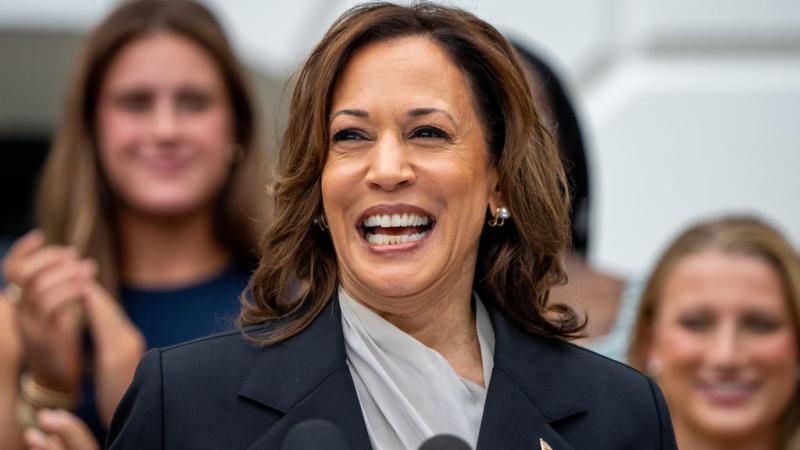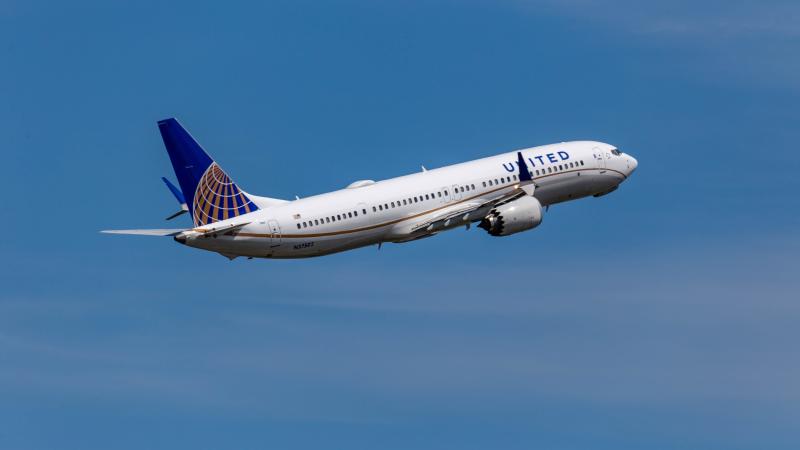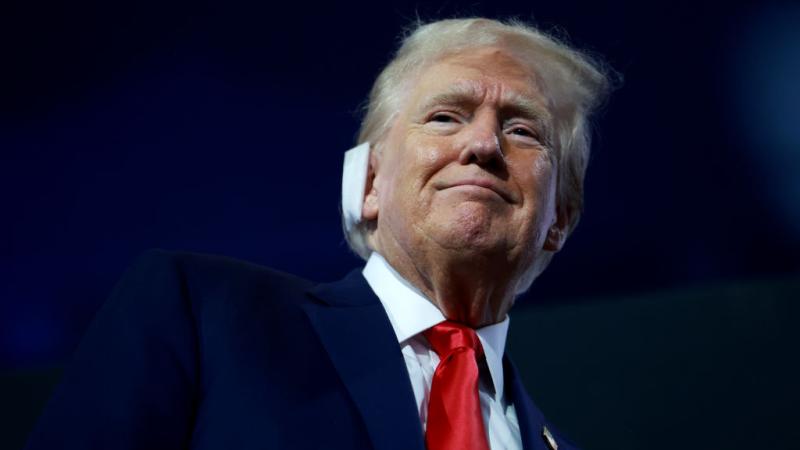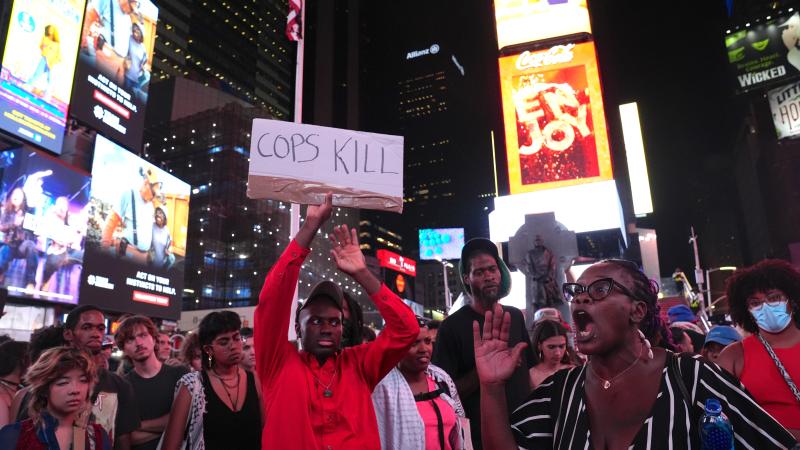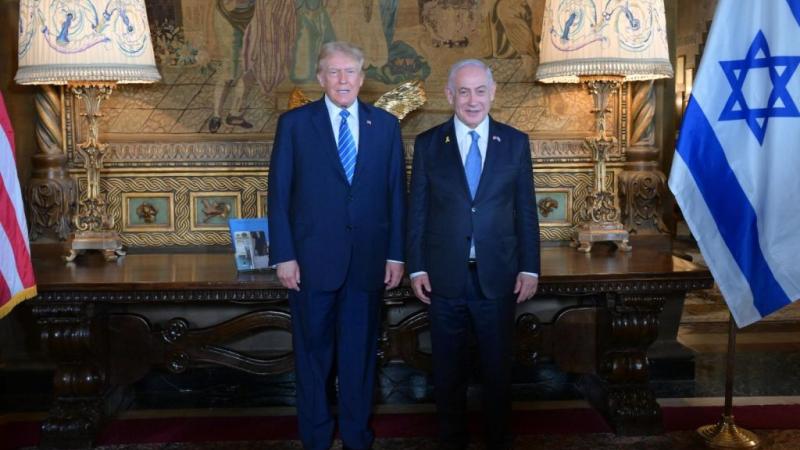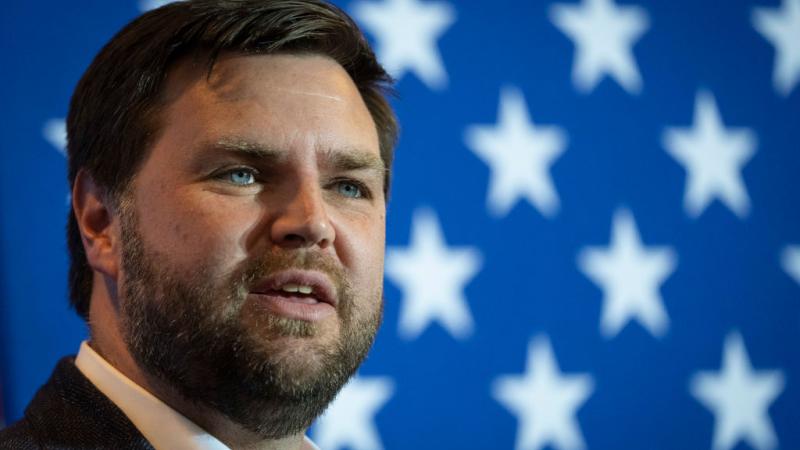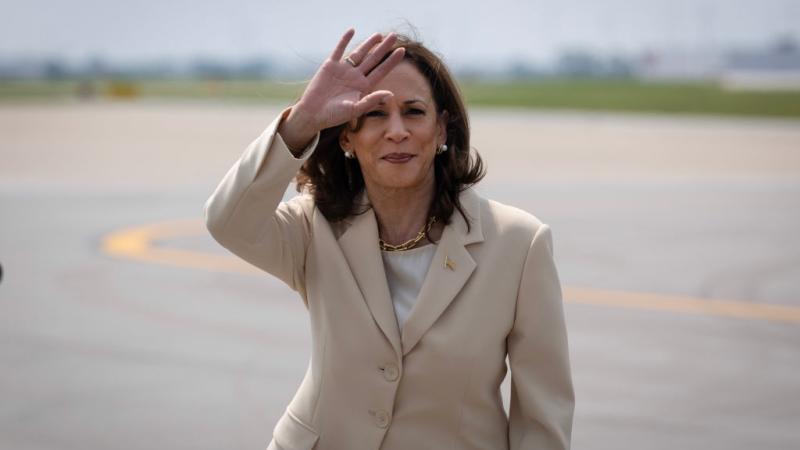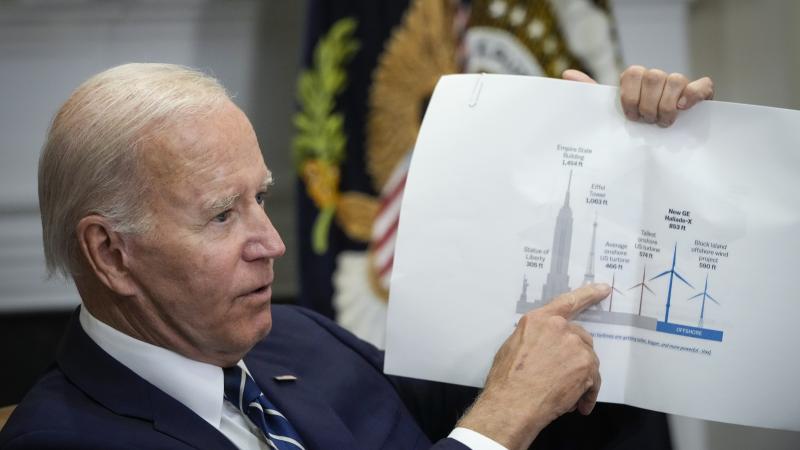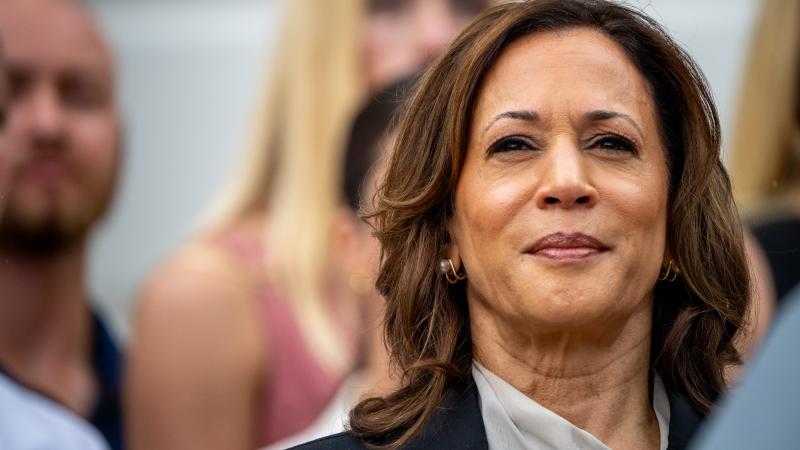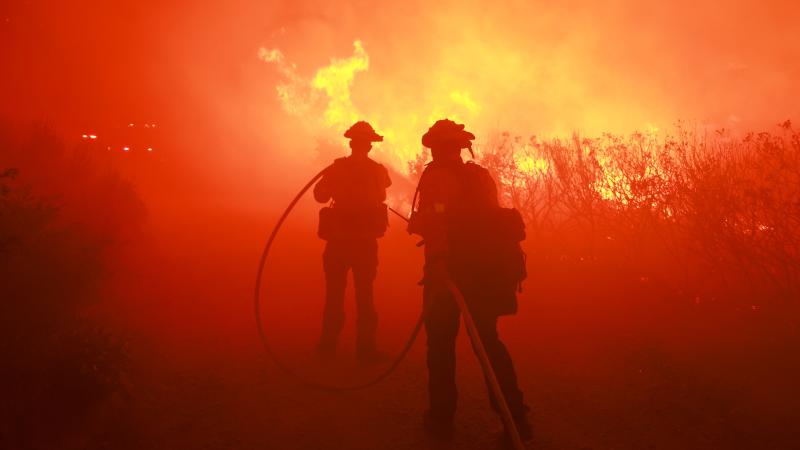Zawahiri strike a win for US, but also shows al Qaeda welcome again in Afghanistan, analysts warn
Ayman al Zawahiri, considered the "operational brains" behind 9/11, moved to downtown Kabul, the Afghan capital, following Biden's withdrawal.
It was just two weeks ago that a newly released United Nations report said Ayman al Zawahiri was "confirmed to be alive and communicating freely."
But on Monday, President Biden announced that the U.S. killed the longtime al Qaeda leader in a drone strike in Kabul, the capital of Afghanistan, over the weekend.
"Justice has been delivered, and this terrorist leader is no more," said Biden in a televised announcement. "We made it clear again tonight that no matter how long it takes, no matter where you hide, if you are a threat to our people, the United States will find you and take you out."
The strike, reportedly carried out by CIA operators, is a national security win for the country.
"I guarantee you that the intelligence community, the CIA in particular, is already on to the next one — who's replacing him, and let's go find him," said Dan Hoffman, a former senior CIA officer. "But this is definitely a great success. It shows that we have this capability to find, fix, and finish the senior target, the senior leader of al Qaeda."
Indeed, Zawahiri, 71, was a particularly sought-after target, a veteran of the FBI's Most Wanted Terrorists list for whom the U.S. government was offering a $25 million reward.
Zawahiri had been the top leader of al Qaeda since 2011, when the U.S. killed the group's former No. 1 commander, Osama bin Laden, in a raid that Biden infamously advised against.
Before bin Laden's death, Zawahiri was second-in-command of al Qaeda's global network.
Despite being under bin Laden, Zawahiri was widely considered both the intellectual and ideological force behind al Qaeda, with some experts dubbing him the "operational brains" behind the 9/11 terrorist attacks.
Zawahiri was also a key leader behind the 2000 attack on the USS Cole that killed 17 American sailors in Yemen and the 1998 U.S. embassy bombings in Tanzania and Kenya that killed 224 people and injured thousands more.
"To kill Americans and their allies — civilian and military — is an individual duty for every Muslim who can do it in every country in which it is possible to do it," Zawahiri wrote in a 1998 manifesto, according to the Washington Post.
Beyond national security, Zawahiri's death is also a political win for Biden, whose approval rating remains historically low just three months before the midterm elections.
"I authorized a precision strike that would remove him from the battlefield once and for all," said Biden. "The United States continues to demonstrate our resolve and our capacity to defend the American people against those who seek to do us harm."
Despite the dual victories, however, experts are warning the killing highlights the problem with Biden's decision last year to withdraw all U.S. military forces from Afghanistan and raises certain suspicions that the administration needs to answer for the American people.
While announcing Zawahiri's death, Biden seemed to use the strike to defend his withdrawal as a success.
"When I ended our military mission in Afghanistan almost a year ago, I made the decision that after 20 years of war, the United States no longer needed thousands of boots on the ground to protect America from terrorists who seek to do us harm," said Biden. "I made a promise to the American people that we'd continue to conduct effective counterterrorism operations in Afghanistan and beyond. We've done just that."
Biden added that his administration will monitor al Qaeda and ensure Afghanistan doesn't become a "launching pad" for terrorist attacks against the U.S.
During his speech, however, Biden said the U.S. intelligence community located Zawahiri earlier this year, noting the terrorist mastermind wasn't hiding in a discreet location but instead moved to downtown Kabul to reunite with members of his immediate family.
Zawahiri's "death is undeniable proof that Afghanistan is a safe haven for al Qaeda's top leadership," said Bill Roggio, senior fellow at the Foundation for Defense of Democracies and editor of the Long War Journal. "He was sheltered, in Kabul, by the Haqqani family, whose top leader is also one of two deputy Taliban emirs and the interior minister of Afghanistan."
Roggio was referring to Sirajuddin Haqqani, who has worked closely with al Qaeda and, according to a U.N. report, is "a member of the wider al Qaeda leadership." He's been wanted by the FBI for planning an attack that killed a U.S. citizen. As interior minister, Haqqani can issue passports, giving him the ability to allow terrorists to travel in and out of Afghanistan.
"The strike will be touted as a successful counterterrorism operation," said Roggio, "but it really highlights the failure of two decades of Afghanistan policy, which culminated in withdrawal last summer."
The Taliban, an Islamist group with a decades-long alliance with al Qaeda, took over all of Afghanistan as Biden ordered the last U.S. military forces to withdraw from the country.
Since the U.S. withdrew its remaining troops from Afghanistan last August, neither the Taliban nor al Qaeda have renounced their alliance, and waves of extremists linked to both groups have come to Afghanistan. Roggio has detailed how the Pentagon continues to downplay al Qaeda's strength in the country. The group is currently running training camps across Afghanistan.
Weeks before Zawahiri's death, the U.N. said al Qaeda's "leadership reportedly plays an advisory role with the Taliban, and the groups remain close."
The drone strike "doesn't change the fact that Afghanistan is a petri dish, growing threats to the region and beyond, because al Qaeda and ISIS have uncovered a space there," said Hoffman. "This is the only strike we've taken in about a year. So that doesn't mean the war is over."
To address the terrorist threat from Afghanistan after leaving, the U.S. maintains a counterterrorism center in Doha, Qatar with a staff of about 100 people and a price tag of about $19.5 billion for this fiscal year, according to U.S. Central Command. The U.S. had used the center to conduct zero strikes in Afghanistan since the withdrawal, in part due to America's lack of visibility and intelligence. The Zawahiri operation appears to be the first use of force on Afghan soil since the withdrawal.
Hoffman added that many people thought the U.S. was done fighting terrorists after bin Laden was killed.
But "we're not," he said. "There's a lot of work yet to be done, unfortunately."
Some observers have noted the timing of the Zawahiri strike is curious and more information is needed than a brief statement from the president.
"I tend not to believe in coincidences," said Fred Fleitz, a former CIA analyst who also served as a senior staffer on both the House Intelligence Committee and the National Security Council. "It's awfully coincidental Zawahiri was killed so close to the one-year anniversary of the U.S. withdrawal from Afghanistan."
Fleitz noted there needs to be independent confirmation of what happened, noting there's no Western media on the ground in Afghanistan to confirm what happened. He also said it's insufficient to take the CIA and the president at their word, especially over the government's claim that there were no civilian casualties.
"Congress should investigate and use good oversight to get answers," he said. "Congress has to find out as much as they can about how this was done and why it happened now."
Biden said in his announcement that his administration kept congressional leaders informed about the operation, which he said he greenlit a week ago.
In order to find Zawahiri and carry out the strike, the U.S. likely had help from foreign intelligence, according to Fleitz.
"They had to have a human source on the ground to locate Zawahiri and to provide his precise coordinates to the operators at the CIA operating these drones," said Fleitz, who added the U.S. doesn't have any military or intelligence assets on the ground in Afghanistan since Biden withdrew all American assets. "This wasn't just done by satellite. You wouldn't be sure what you're shooting."


